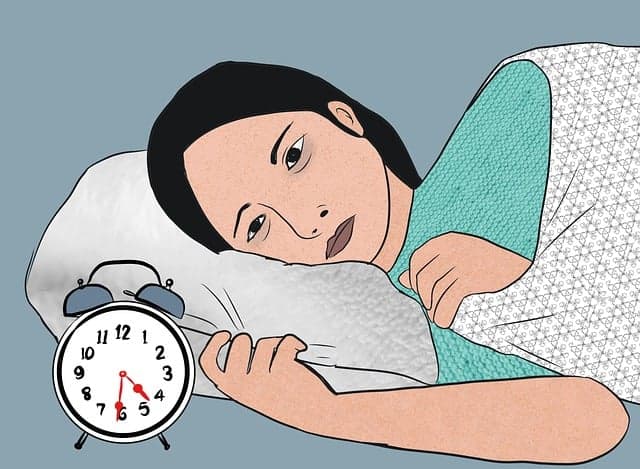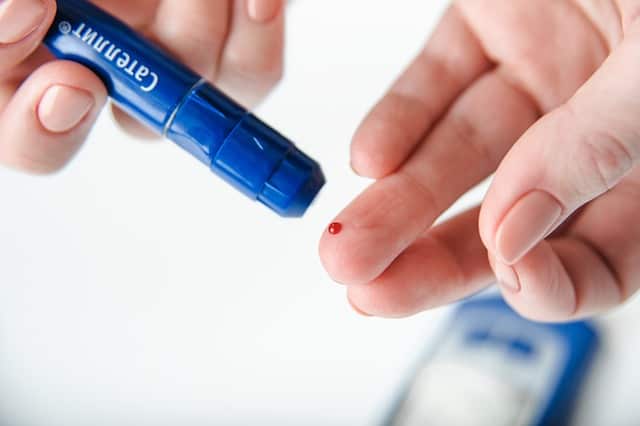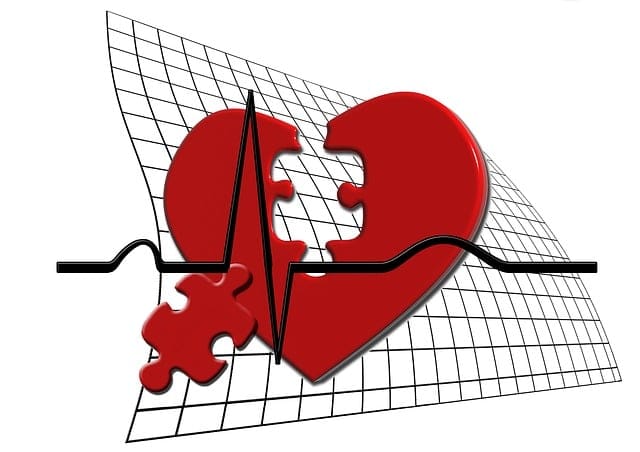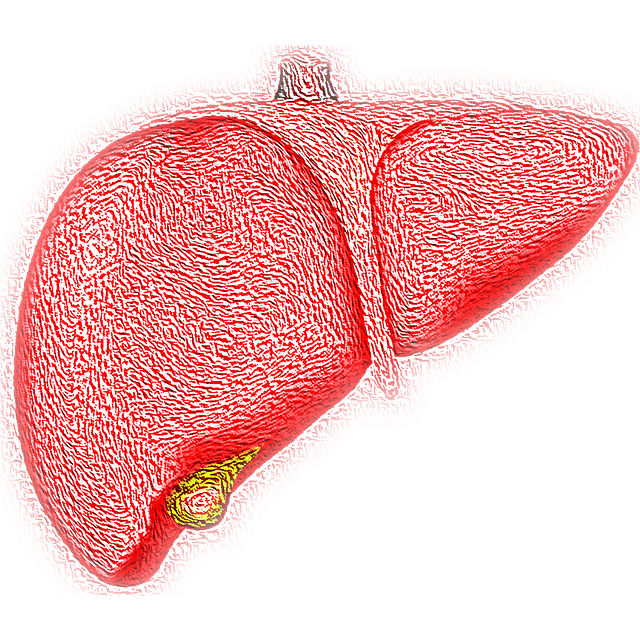Obesity and cancer links represent a significant concern in healthcare, with rising obesity rates potentially increasing cancer incidence. Obesity is not just a risk factor for conditions like diabetes and heart disease. It also has a documented association with several types of cancer.
Understanding these links is crucial for prevention strategies, effective treatments, and patient education. This is the case especially as both obesity and cancer present growing challenges to public health systems worldwide.
The Obesity and Cancer Connection
The connection between obesity and cancer is complex and multifaceted, involving various biological processes. Excess body weight increases the risk of developing several types of cancer. These include breast, colorectal, endometrial, esophageal, and pancreatic cancers, among others.
This increased risk is partly due to chronic inflammation associated with obesity, which can cause DNA damage over time, leading to cancer.
Additionally, obesity often leads to altered levels of hormones such as insulin, estrogen, and androgens. Consequently creating conditions that can promote the growth and spread of cancer cells.
Adipose tissue, or body fat, acts not just as a storage site for excess calories but also as an active endocrine organ. It secretes various growth factors, cytokines, and hormones. All of which can influence the behavior of cells and potentially contribute to the oncogenic process.
Types of Cancers Associated with Obesity
The types of cancers associated with obesity are numerous, and the risk factors involved can vary between various cancer types.
Breast Cancer
Postmenopausal breast cancer risk is higher in obese women, potentially due to increased estrogen levels. Fat tissue produces estrogen; after menopause, when ovaries stop producing this hormone, fat becomes the primary source. Elevated estrogen levels have been linked to breast cancer because estrogen can promote the growth of cancerous cells.
Colorectal Cancer
The risk of colorectal cancer increases in obese individuals, The risk may be due to the production of excess insulin or insulin-like growth factor (IGF-1). These substances can promote the growth of colorectal cancer cells. Additionally, diets high in calories and fat but low in fiber, associated with obesity, can also contribute to colorectal cancer risk.
Prostate Cancer
Obesity seems to affect the risk of advanced prostate cancer. Adipose tissue can influence inflammation, and adipokines, the hormones secreted by fat cells. These hormones can disrupt cellular growth and proliferation, which might lead to the development of aggressive prostate cancer.
Endometrial Cancer
The risk of cancer of the lining of the uterus (endometrial cancer) is about three times higher in obese women compared to those with healthy weights. High levels of body fat increase levels of estrogen. And these high levels can encourage the growth of endometrial cells, thus increasing the risk of cancer.
Esophageal Cancer
Obesity is a well-known risk factor for a type of esophageal cancer called esophageal adenocarcinoma. Gastroesophageal reflux disease (GERD) is more common in obese individuals, and the resulting chronic acid reflux can lead to changes in the cells of the lower esophagus, which can progress to cancer.
Pancreatic and Kidney Cancer
Both pancreatic and kidney cancers are associated with obesity. While the mechanisms aren’t entirely clear, current thinking is that insulin resistance and chronic inflammation may play roles in the development of these cancers in obese individuals.
Gallbladder Cancer
Though less common, gallbladder cancer risk is also higher in obese individuals, which may be associated with increased gallstone formation—a risk factor for gallbladder cancer—in those with higher body weights.
Each of these associations underscores the multifaceted mechanisms linking obesity to cancer, including hormonal changes, inflammation, and metabolic dysregulation. These insights help us understand why weight management is crucial to cancer prevention strategies.
Obesity and Cancer Links Prevention and Risk Reduction
Preventing and reducing cancer risk through weight management involves a multipronged approach, prioritizing a healthy diet, regular physical activity, and intelligent lifestyle choices.
A diet rich in fruits, vegetables, whole grains, and lean proteins provides essential nutrients and helps maintain a healthy weight. Reducing the intake of processed foods, sugars, and red meats is equally crucial. Such dietary adjustments can lower inflammation and reduce cancer risk.
Regular physical activity is a cornerstone of cancer prevention. Exercise helps control weight, regulate hormones, and reduce insulin levels, which may lower the risk of developing certain types of cancer.
Current guidelines recommend at least 150 minutes of moderate-intensity or 75 minutes of high-intensity exercise per week for adults, alongside muscle-strengthening activities on two or more days per week.
Lifestyle choices also play a significant role. These choices include avoiding tobacco, limiting alcohol consumption, and managing stress, all of which can contribute to a healthier life and reduce cancer risk.
Maintaining a healthy weight is about reducing caloric intake and increasing the quality of life through better health practices and behavioral changes that promote overall well-being. Individuals can take proactive steps to lower their cancer risk and improve their long-term health by focusing on these areas.
Obesity and Cancer Links – Early Detection & Screening
Early detection and screening are critical components in the fight against cancer, especially for individuals with obesity who are at increased risk. Regular screening can lead to early cancer detection when it is most treatable and curable.
For example, mammograms for breast cancer, colonoscopies for colorectal cancer, and Pap tests for cervical cancer are proven screening methods that can detect cancer early on or even identify pre-cancerous changes.
Health professionals usually determine the frequency and type of screening based on individual risk factors, including obesity, family history, and age.
We cannot overstate the benefits of early intervention; early-stage cancers are often less complex to treat, and the survival rates are significantly higher compared to cancers diagnosed at a later stage.
Individuals with obesity must discuss their specific risks and screening options with their healthcare providers. This conversation should include understanding when to start screening, their recommended tests, and how often to perform them.
Adhering to recommended screening guidelines and taking proactive steps for early detection can significantly improve their chances of successful treatment and long-term health.
Proactive Steps to Reduce Cancer Risk
The link between obesity and cancer is a call to action for everyone. It highlights the importance of maintaining a healthy weight as a critical strategy in cancer prevention. It’s also a powerful reminder that while some risk factors for cancer are beyond our control, weight management is a proactive step we can all take to potentially lower our risks.
You have the power to influence your health outcomes. Start today with small, manageable changes that can significantly impact your life over time. Seek support when needed, consult with healthcare professionals for personalized advice, and remember that every step towards a healthier weight is a step away from the increased risk of cancer. Let this knowledge empower you to make choices that support your long-term well-being.
Legal Disclaimer: The content provided on obesitywoes.com is for general informational purposes only. It is not intended as health advice, nor does it constitute a medical practitioner-patient relationship. The information may not be accurate, complete, or updated at the time of viewing. Obesitywoes.com and its authors disclaim all liability for any actions taken or not taken based on the content of this site. Always consult with a registered medical practitioner in your area before making any health decisions. This website may contain links to other websites. We are not responsible for the content, accuracy, or opinions expressed on such websites, and such websites are not investigated, monitored, or checked for accuracy or completeness by us.






